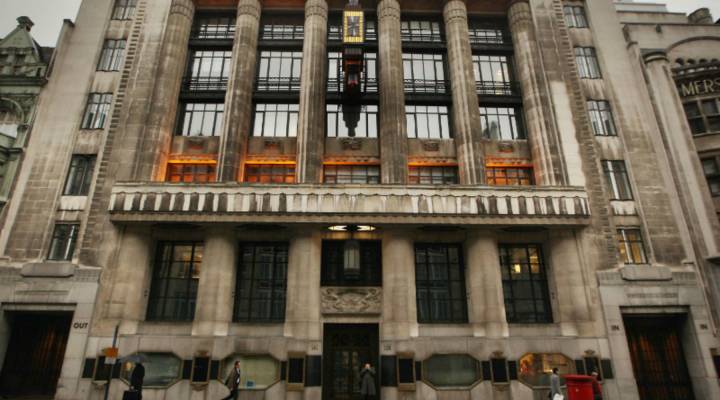
While major U.S. banks are cleaning up their books, the shadow banking system is dirtying its hands
While major U.S. banks are cleaning up their books, the shadow banking system is dirtying its hands

The U.S. Justice Department has announced Goldman Sachs has agreed to pay more than $5 billion for its role in the home mortgage crisis.
It’s the fifth, and perhaps final, U.S. bank to settle up with the government.
Part of the penalty is earmarked for underwater homeowners, distressed borrowers and communities hit hard by the mortgage meltdown.
Charles Peabody from Portales Partners said the settlements, coupled with Dodd-Frank regulations, have helped shift big bank culture.
“Banks have become much more cautious. They’ve de-risked their balance sheets. They’ve increased their liquidity,” he said.
But as banks have shed their risky business, the so-called shadow banking system has happily taken it on.
The personal lenders, the auto lenders and even some mortgage companies are letting people borrow too much.
“The role of non-banks has increased 400 percent in just the last three years,” said Karen Petrou, who’s with Federal Financial Analytics.
“Those companies are under none of the new regulations designed to prevent something like the Goldman Sachs case from happening again,” she said.
The question is whether we are redefining mortgage banking so consumers are protected.
Petrou says she’s not sure we are.
There’s a lot happening in the world. Through it all, Marketplace is here for you.
You rely on Marketplace to break down the world’s events and tell you how it affects you in a fact-based, approachable way. We rely on your financial support to keep making that possible.
Your donation today powers the independent journalism that you rely on. For just $5/month, you can help sustain Marketplace so we can keep reporting on the things that matter to you.












